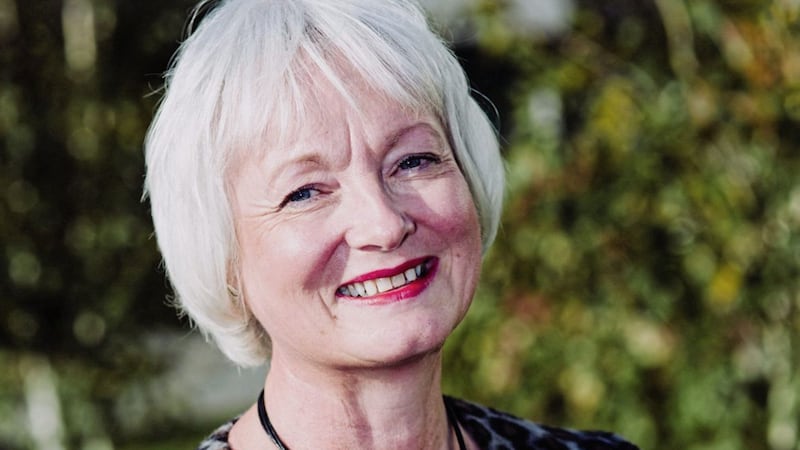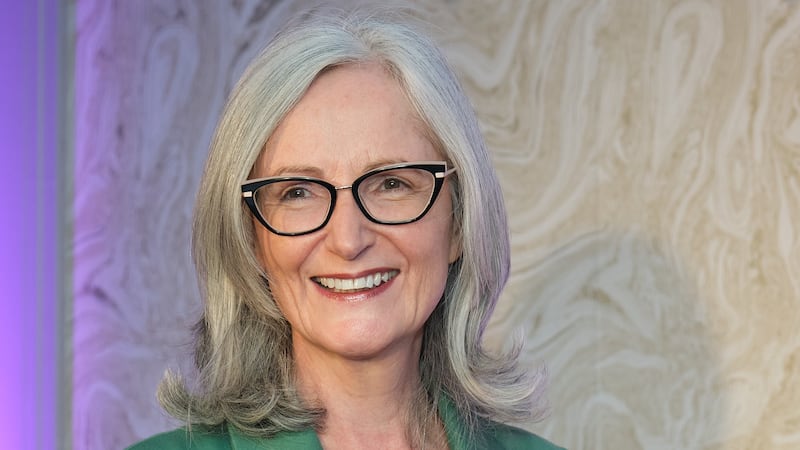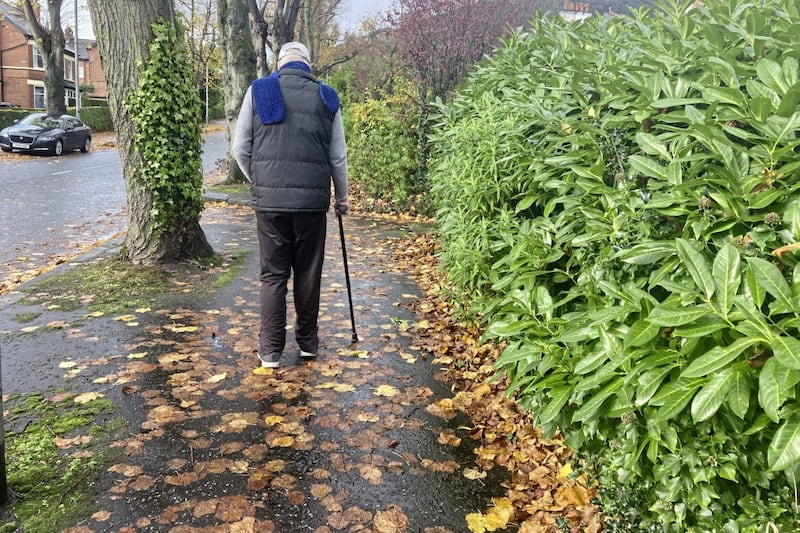REMEMBER when someone would whisper: “I think it’s the Big C”? Years ago, cancer was something you didn’t talk about out loud – not that it was a shameful illness but it was deemed a disease that no one could do anything about.
That whisper has been replaced with an out loud proclamation of early diagnosis and treatment, often with a most successful end result. And yet there is still a lexicon around this condition, so Macmillan Cancer Support have produced new research about the language of cancer.
When people know you’ve been diagnosed they will try to be sympathetic but often it’s hurtful, annoying, even offensive. When it happened to me, I’ll never forget a fellow patient saying joyfully, "Now you’ve joined the club". That was hard to cope with.
I was called a 'victim' and later a 'survivor'. I was told to rest when nowadays evidence points to keeping active to gently build up fitness. I was complimented for ‘fighting’ the disease. 'Fighting' a cancer diagnosis is a dubious phrase – after all, we don’t 'fight' heart conditions, diabetes or arthritis.
At the same time, there is no point in feeling annoyed or sad: explain that a word or phrase isn’t what you want to hear, do it with a smile so as not to hurt the person who is doing his or her best to be supportive and sympathetic.
I was sent diet sheets promising I’d be fit in no time and advice on herbal remedies. Wisely, my consultant told me not to follow any fad diets or so-called cures, rather to enjoy everything in moderation, exercise, seek out the good things each day brings and attend appointments.
That was over 19 years ago and his advice has worked. So far, so good, although I still can’t watch or listen to programmes about cancer.
Another piece of information has stayed with me ever since: Jean, the breast care nurse at the City Hospital assured me that no matter where I would get a pain after the operation, I would immediately think it was cancer.
"It won’t be," she said, “so don’t allow yourself to go along that line of thinking. And if you’re worried, get it checked out.”
The people who know about these things give experienced advice.
Best thing was lunching with a dear friend in Dublin who asked me "How’s that pesky thing doing?". He didn’t realise how important that question was, now I had a name for it – that pesky thing. Some people do name their cancer and find it easier to talk about it when it’s called Daphne or Dorothy.
Of course it’s a very frightening experience, and I sometimes think it must be even worse for those closest to you – the patient is the centre of attention, but family and friends are left waiting for news and not knowing what to say.
Heather Monteverde MBE is head of services for Macmillan in Northern Ireland and she encourages friends and family to talk with the person diagnosed rather than being embarrassed to broach the subject. More often than not, this is appreciated.
"All we need to do is ask," she explains.
"Try not to make assumptions, make time to listen and try to understand. Cancer throws all sorts of things your way and dealing with other people’s misconceptions shouldn’t be one of them, so please try to encourage open, honest conversations, to find out what makes them feel most comfortable and ensure that they get the support they need."
More than 63,000 people are living with cancer in Northern Ireland today. By 2030, this will have reached over 100,000, but research continues to give more and more positive options.
When I visited the QUB centre for Cancer Research and Cell Biology, there where over 200 researchers, each with a different skill set and all dedicated to understanding and eventually beating cancer. One researcher was developing personalised treatment tailoring therapy to the patient rather than 'one therapy fits all'. This is progress and the reason fund-raising is so important.
When it comes to talking about cancer, it can be hard to know where to start and what to say. In over 30 years of nursing during which time she became the first cancer specialist nurse in Northern Ireland, Heather has seen language change dramatically and she points out that treatments are improving, as is our understanding of cancer.
So, it’s more important than ever to recognise that everyone’s experience and needs will be different and that they’ll need to be supported in a way that helps them find their best way through.
"It highlights how ‘well-meaning’ euphemisms and simplistic assumptions are affecting many cancer patients in Northern Ireland, leaving them feeling disempowered and isolated," says Helen.
"It shows that the negative language of ‘cancer stricken’ and ‘victim’ were as unpopular as some more positive descriptions such as ‘hero’."
I think that the medical people we come into contact with need to remember to keep their chat simple for people who are in a state: 'histology reports', 'metastasis', 'lymph nodes' and 'remission' are thrown into the conversation and there seems never time to ask "what does that mean?". So we must make sure everything is explained.
Macmillan services can provide much needed cancer support all over Northern Ireland, so go online to Macmillian.org.uk. At the top of the page is ‘In your area’ for local details, or call the support line on 0808 8080 0000 seven days a week, 8am to 8pm for practical and importantly, emotional support. And that’s for friends and family too.
Heather sums up: "Something I know only too well from my background in nursing is that often the most important thing to come from an honest conversation is a better understanding of the help and support – also that we need to take each day as it comes and live life as fully as we can."









